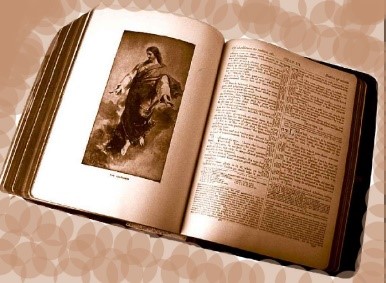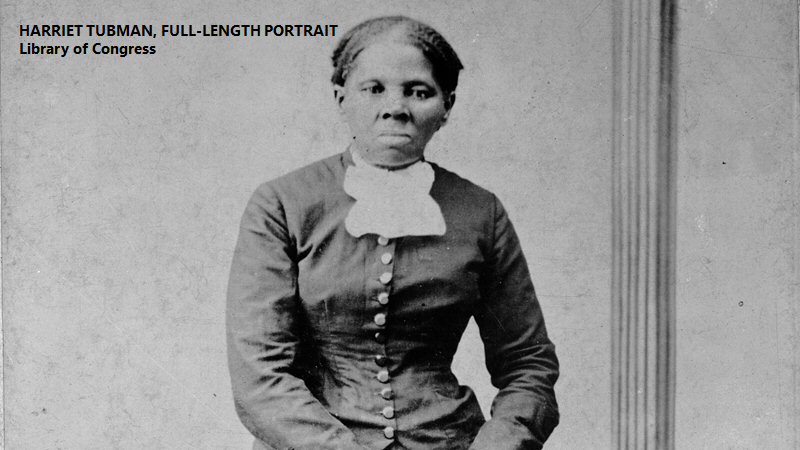What the Bible says about Concubines

Today there are discussions about polygamy being acceptable because it was sanctioned in the Old Testament. What people do not stop to think about is the fact that starting with Abraham the Israelites were building a nation. Once the New Testament was established having many wives and concubines ceased to be practice. A bishop then must be blameless, the husband of one wife, vigilant, sober, of good behavior, given to hospitality, apt to teach. (1Timothy 3:2, 12; Titus 1:6).
Polygamy today is the same as having concubines. The problem is we are not creating a nation we are living in a time when starvation is common place especially among the poor and children. Is this the time we want to over populate the world using concubines? Let’s look at what the Bible says about concubines.
The man would have regular sexual relations with her but they did not have to marry her. The concubine did not have any of the rights of the wife and her children were not legal heirs. Isaac was the rightful heir to Abraham and Sarah. Sarah demanded that Abraham cast out her bondwoman and her son stating that the son of this bondwoman shall not be heir with my son, Isaac. (Genesis 21:8-10).
The wife could offer her hand maid to her husband to have children on her behalf. Sarai, the wife of Abram, could not bear her husband children. She had a handmaid, an Egyptian, whose name was Hagar and gave her to her husband that she may obtain children by her. Sarai took Hagar her maid the Egyptian and gave her to her husband Abram to be his wife.
Abram went in unto Hagar, and she conceived: and when she saw that she had conceived, her mistress was despised in her eyes. (Genesis 15:1-4). Abraham, after the death of Sarah took Keturah his concubines as his wife. Abraham gave all that he had unto Isaac. But unto the sons of the concubines, which Abraham had, Abraham gave gifts, and sent them away from Isaac his son, while he yet lived, eastward, unto the east country. (Genesis 25:1-6; 1 Chronicles 1:32).
Concubines did have some legal protection. If a father sells his daughter to be a maidservant which is a female slave, maid, handmaid, concubine (Strongs.2001. #05650), she shall not go out as the menservants do. If she does not, please her master, who has betrothed her to himself, then shall he let her be redeemed: to sell her unto a strange nation he shall have no power, seeing he has dealt deceitfully with her. And if he has betrothed her unto his son, he shall deal with her after the manner of daughters. If he takes him another wife; then he shall not withdraw her food, her raiment, and her duty of marriage. If he does not do these three unto her, then she shall go free without money. (Exodus 21:7-11). Concubines were separate from wives.
King David took him more concubines and wives out of Jerusalem, after he was come from Hebron: and there were yet sons and daughters born to David. (2 Samuel 5:13).
King Solomon had seven hundred wives, princesses, and three hundred concubines. (1Kings 11:3). Rehoboam, son of Solomon and the first king of Judah after the split up of the kingdom of Israel, had taken eighteen wives and sixty concubines. (2 Chronicles 11:21).
Maidservants were given as concubines and the children were raised as the mistress’s child. Rachel, the wife of Jacob, gave her maid Bilhah, so she shall bear upon my knees, that I may also have children by her. She gave him Bilhah her handmaid to wife: and Jacob went in unto her. And Bilhah conceived, and bare Jacob a son. Bilhah gave Jacob and Rachel Dan and then Naphtali. Bilhah’s sons would be regarded by Rachel as her own and would thus share the inheritance with Jacob’s other sons. (Genesis 30:3-6). Leah the wife of Jacob also gave her maid, Zilpah to Jacob to bear a son Gad and Asher (Genesis 30:9-13). Timna was concubine to Eliphaz Esau’s son; and she bare to Eliphaz Amalek: these were the sons of Adah Esau’s wife. (Genesis 36:12).
Concubines were a symbol of possession or when the concubine belongs to the king was synonymous with laying claim to his kingdom. The first son of Jacob, Reuben laid premature claim to Jacobs’s domain when he went and lay with Bilhah his father’s concubine. King Saul had a concubine, whose name was Rizpah, the daughter of Aiah: After the death of Saul his son Ishbosheth, the youngest of Saul’s four sons, and the only one who survived him became the king. He accused Abner the cousin of Saul and the captain of his army of sleeping with Rizpah to gain the throne. (2 Samuel 3:7- 9). And Ahithophel, was the counsellor of David, grandfather of Bathsheba, who joined Absalom in revolt against David, said unto Absalom, to go in unto his father’s concubines, which David had left to keep the house. All Israel knew that Absalom, third son of David, abhorred his father. So they spread Absalom a tent upon the top of the house; and Absalom went in unto his father’s concubines in the sight of all Israel. (2 Samuel 16:21-22).
The king could control the lives of their concubines yet never sleep with them. He could put them in ward, and fed them, but went not in unto them. So, they were shut up unto the day of their death, living in widowhood. (2 Samuel 20:3). Deuteronomy 17:17 forbids kings from taking multiply wives to himself, that his heart will not turn away. Eunuchs wherein charge of the concubines. (Esther 2:14).
A Levite sets out to be reconciled with his concubine, who has left him and returned to her father’s house (Judges 19:1–3). The Levite is welcomed, and after several days of merrymaking, sets out for home. (Judges 19: 4–10). The night came and the Levite insists on stopping in Gibeah, because it was an Israelite village rather than a Canaanite village (Judges 19: 11–14). There was one man who showed them hospitality (Judges 19: 15–22), but that night the men of the city determine on raping the visitor (Judges 19: 22). The Levite threw his concubine outside, and the Gibeahites rape and brutalize her all night (Judges 19: 23–26). The next morning the Levite finds her dead outside the front door (Judges 19: 27–28). He takes the body, and when he reaches home cuts the body into 12 parts, sending a section to each tribe as gruesome evidence of the Gibeahites brutality (Judges 19: 29–30).
Taking concubines was recognized and accepted among the ancient Hebrews. The Hebrew nations was getting started and it was important to have babies and increase population to build a nation. The polygamous lifestyle was important to have a large family who were taught in the ways of the LORD God.
Having concubines and living a polygamy life was accepted in the New Testament but not practiced fully. The economic factors did discourage such practices so they were few and far between. The importance of building a Hebrew nation was not a priority. Jesus was teaching His disciples when the Pharisees came to Him and ask if it was lawful for a man to put away his wife. Jesus reminded the Pharisees that Moses had permitted to give a bill of divorcement, and put her away knowing the Pharisees were trying to test Jesus. Jesus continued to say from the beginning of the creation God made them male and female. It was for this reason a man shall leave his father and mother, and cleave to his wife; and the two shall be one flesh: so then they are no more two, but one flesh. What therefore God has joined together, let not man put asunder. Whosoever shall put away his wife, and marry another, commits adultery against her. And if a woman shall put away her husband, and be married to another, she commits adultery. (Mark 10:1-12).
Reference:
Strong, James. (2001).The New Strong’s Expanded Exhaustive Concordance of the Bible. Nashville: Thomas Nelson Publishers.
Cite Article Source
MLA Style Citation:
Holstein, Joanne “What the Bible says about Concubines:.” Becker Bible Studies Library Feb 2015.< https://guidedbiblestudies.com/?p=2294,>.
APA Style Citation:
Holstein, Joanne (2015, February) “What the Bible says about Concubines:.” Becker Bible Studies Library. Retrieved from https://guidedbiblestudies.com/?p=2294,.
Chicago Style Citation:
Holstein, Joanne (2015) “What the Bible says about Concubines:.” Becker Bible Studies Library (February), https://guidedbiblestudies.com/?p=2294, (accessed).


